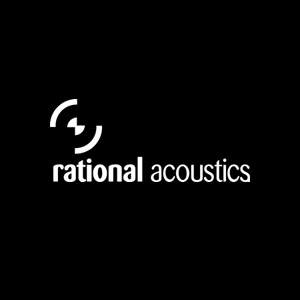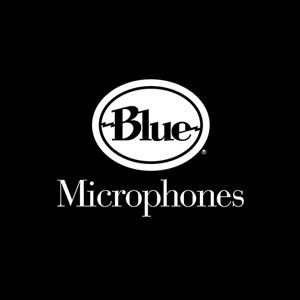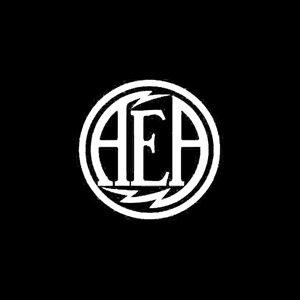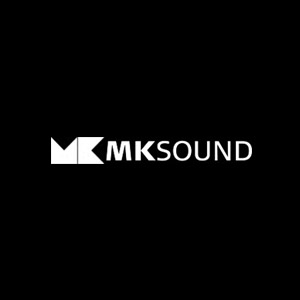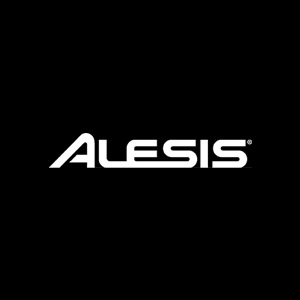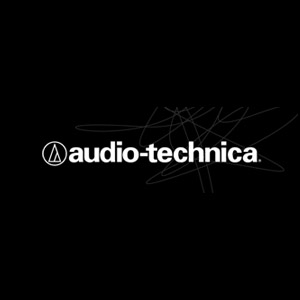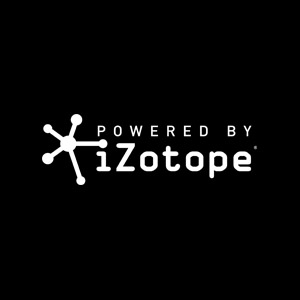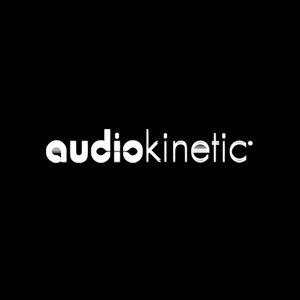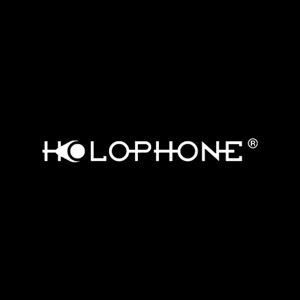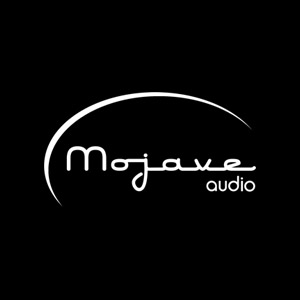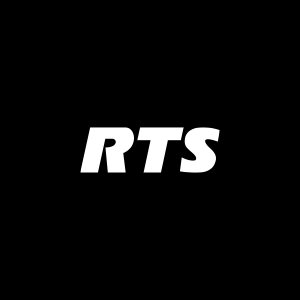
Financial Aid
CRAS offers financial aid to those who qualify
CRAS students may choose a combination of any or all of the following options and our Student Financial Services department is available to assist students with the details of the student aid process. Students may call 1.800.562.6383 for a personal consultation once they have been interviewed and accepted to attend.
Grants, Loans & Scholarships
Federal Financial Aid
Maximum Fed. Aid Eligibility for Master Recording Program II (Includes both Academic Years)
Maximum Pell Grant for 2024/2025: $7,395
Dependent Student Eligibility
With Maximum Federal Pell Grant
$5,171 Federal Direct Subsidized Loan
$2,743 Federal Direct Unsubsidized Loan
$7,395 Federal Pell Grant
$ Federal Parent PLUS Loan
Dependent Student Eligibility
Without Federal Pell Grant
$5,171 Federal Direct Subsidized Loan
$2,743 Federal Direct Unsubsidized Loan
Independent Student Eligibility
With Maximum Federal Pell Grant
$5,178 Federal Direct Subsidized Loan
$8,238 Federal Direct Unsubsidized Loan
$7,395 Federal Pell Grant
$ Federal Parent PLUS Loan
Independent Student Eligibility
Without Federal Pell Grant
$5,178 Federal Direct Subsidized Loan
$8,238 Federal Direct Unsubsidized Loan
- Federal Pell Grants do not have to be paid back; they are awarded based on financial need.
- Student Federal Direct Loans are not credit based and must be repaid. There is a standard 10 year repayment term.
- Federal Parent PLUS Loans are available to eligible parent borrowers to assist with the cost of attendance. There are minimal credit requirements for approval. If approved, the balance due to the school may be fully covered (must reapply for the second year of academic year funding).
- All Loan amounts listed are gross amounts. Student Federal Direct Loans with a first disbursement date on or after 10/1/2020 and before 10/1/2025 will have a 1.057% loan fee charged prior to disbursement. Federal Parent PLUS Loans with a first disbursement date on or after 10/1/2020 and before 10/1/2025 will have a 4.228% loan fee charged prior to disbursement.
- Students must have a minimum attendance of 90% and a minimum GPA of 2.0 to maintain Federal Financial Aid eligibility.
Scholarships
Scholarships are available to assist students in paying for their education. We recommend that you search for scholarships well in advance of your start date. Below you will find links to assist you in beginning your scholarship search.
Did you know that our Scholarship Search tool has more than five million college scholarships available? In 2016, Sallie Mae gave out almost $500,000 through scholarships and sweepstakes.
Sallie Mae Smart Option Student Loan For Career Training
Sallie Mae career training loans help cover the costs of trade schools and professional training programs. Apply for a Career Training Smart Option Student Loan today!
Veteran’s Administration Educational Benefits
CRAS is recognized as an Arizona Veteran Supportive Campus. Veterans and dependents of veterans may use their Veterans Administration (VA) benefits for attending CRAS.
Interest Free Payment Plan
We offer an interest free payment plan to allow students to make payments towards tuition costs while in school. Students who choose to make monthly cash payments must utilize Nelnet Campus Commerce. The link below will provide you with instructions to set up your payment plan. Students choosing this option will be provided with additional information from a Student Finance Representative.
CARES Act Grants for Students
The Conservatory of Recording Arts & Sciences (CRAS) has signed and returned to the U.S. Department of Education (the Department), Recipient’s Funding Certification and Agreement Emergency Financial Aid Grants to Students under the Coronavirus Aid, Relief, and Economic Securities (CARES) Act and Recipient’s Funding Certification. CRAS intends to use no less than 50 percent of the funds received under Section 18004(a)(1) of the CARES Act to provide Emergency Financial Aid Grants to students.
Only students who are or could be eligible to participate in programs under Section 484 in Title IV of the Higher Education Act of 1965, as amended (HEA), may receive Emergency Financial Aid Grants. If a student has filed a Free Application for Federal Student Aid (FAFSA) and has established general eligibility to participate in programs under Section 484 of the HEA, we consider the student to be eligible. Students who have not completed a FAFSA are encouraged to do so, in order to determine eligibility.
CARES Act Distribution Information
The total amount of funds the institution is eligible to receive from the Department for emergency grants to students is $463,497. CRAS has received and distributed the following CARES Act grant funds:
- April 1 – May 15, 2020
$312,862.50 (405 students) - May 15 – June 30, 2020
$14,587.50 15 additional students - July 1 – August 15, 2020
$52,800.00 – 0 additional students - October 1 – December 31, 2020
$83,247.00 – 74 Additional Students - Total through December 31, 2020
$463,497.00 – 494 students
Our initial selection and amounts were based on the current student population of 454, less 4 international students who are not eligible for the CARES Act grant. These remaining 450 students were deemed eligible to participate in programs under Section 484 of the Higher Education Act of 1965 if a completed FAFSA confirmed they met all general eligibility requirements to receive Emergency Financial Aid Grants to students under Section 18004(a)(1) of the CARES Act. We allocated 75% of these funds to be immediately disbursed to students. This amount of $347,623 was split between the 450 students for a disbursement amount of $772.50. The remaining 25% of these funds were held in reserve for anticipated future needs of our students.
Students initially receiving the CARES Act grant acknowledged they were eligible and clicked on a link to provide their current address for mailing checks. These students were provided the following guidance concerning the Emergency Financial Aid:
The U.S. Department of Education has provided CRAS with a limited amount of grant funding for the sole and exclusive purpose of providing emergency financial aid grants to students for their expenses related to the disruption of campus operations due to coronavirus such as housing, food, and other related living expenses. These grants may not be used for any purpose other than student expenses related to the disruption of campus operations.
In addition, the institution asked students to submit applications to request CARES Acts grant funds for any additional expenses related to the significant changes to the delivery of instruction due to the coronavirus. Based on these applications, we disbursed an additional $500 to six of the original students in the student population for a total of $3,000.
On July 15, 2020, CRAS agreed to make available an additional $99,000 of remaining CARES Act grants for students from the initial selection who were still enrolled. These 360 students ($275 per student) were provided a link on the CRAS intranet site, to confirm the following:
I confirm that I have additional expenses equal to or greater than $275 related to the disruption of campus operations due to coronavirus, such as food, housing, course materials, technology, health care, and child-care expenses.
CRAS received acknowledgement of additional expenses from 192 students and disbursed an additional $52,800 ($275 each) to these students.
Higher Education Emergency Relief Fund (HEERF II) Grants for Students
The Conservatory of Recording Arts and Sciences (CRAS) has signed and returned to the U.S. Department of Education the Certification of Funding and Agreement for the Coronavirus Response and Relief Supplemental Appropriations Act of 2021 (CRRSAA). CRAS intends to use the funds received to provide Emergency Financial Aid Grants to students, pursuant to Section 314(d)(7) of the CRRSAA.
The grant is available to all students attending CRAS during the time period in which funds remain available to disburse.
Statutory requirements indicate that the funds be used to cover expenses related to the disruption of campus operations due to coronavirus (including eligible expenses under a student’s cost of attendance; such as food, housing, course materials, technology, health care, and child care).
The total amount of funds the institution is eligible to receive from the Department of Education for emergency grants to students is $568,120. CRAS has received and distributed the following CARES Act grant funds to date:
- July 1 – July 31, 2021
$177,300 – 204 students - August 1 – August 31, 2021
$97,300 – 115 Students - September 1 – September 30, 2021
$69,400 – 82 Students - October 1 – October 31, 2021
$46,100 – 56 Students - November 1 – November 30, 2021
$34,800 – 42 Students - December 1 – December 31, 2021
$21,000 – 24 Students - January 1 – January 31, 2022
$32,600 – 41 Students - Total through January 31, 2022
$478,500 – 564 Students
The award amounts were based on the current student population of 412 students. Students that requested funds were awarded according to financial need as determined by Pell grant eligibility. Pell grant recipients were awarded at a higher rate than those that were not Pell eligible or those that had not completed a FAFSA.
Students receiving the HEERF II grant acknowledged they were eligible and clicked on a link to request funds to either be applied to tuition or to be distributed as a check. Students on internship provided their current address for mailing checks.
CRAS provided the following guidance concerning the Emergency Financial Aid:
CRAS has a limited amount of HEERF II Grant funds available for students impacted by the disruption of campus operations due to the coronavirus. We are disbursing funds to all eligible students.
Students who are eligible for the funds have the choice to receive a check sent to them, or to have the funds applied directly to their school tuition and fees.
Financial Aid Code of Conduct
The Conservatory of Recording Arts and Sciences Financial Aid Office uses the following National Association of Student Financial Assistance Administrators (NASFAA) Statement of Ethical Principles and Code of Conduct to ensure the highest ethical behavior and professional practices. In addition, the Financial Aid Office Code of Conduct:
- Bans revenue sharing arrangements.
- Bans soliciting or accepting gifts (with certain exceptions such as meals and supplies at training events).
- Prohibits contracting arrangements by an employee in Student Financial Services regarding loans.
- Prohibits requesting or accepting private loan funds in exchange for concessions with respect to Title IV loans.
- Bans requesting or accepting call center or Financial Aid Office assistance.
- Requires an annual review.
NASFAA Code of Conduct for Institutional Financial Aid Professionals
An institutional financial aid professional is expected to always maintain exemplary standards of professional conduct in all aspects of carrying out his or her responsibilities, specifically including all dealings with any entities involved in any manner in student financial aid, regardless of whether such entities are involved in a government sponsored, subsidized, or regulated activity. In doing so, a financial aid professional should:
- Refrain from taking any action for his or her personal benefit.
- Refrain from taking any action he or she believes is contrary to law, regulation, or the best interests of the students and parents he or she serves.
- Ensure that the information he or she provides is accurate, unbiased, and does not reflect any preference arising from actual or potential personal gain.
- Be objective in making decisions and advising his or her institution regarding relationships with any entity involved in any aspect of student financial aid.
- Refrain from soliciting or accepting anything of other than nominal value from any entity (other than an institution of higher education or a governmental entity such as the U.S. Department of Education) involved in the making, holding, consolidating or processing of any student loans, including anything of value (including reimbursement of expenses) for serving on an advisory body or as part of a training activity of or sponsored by any such entity.
- Disclose to his or her institution, in such manner as his or her institution may prescribe, any involvement with or interest in any entity involved in any aspect of student financial aid.
NASFAA Statement of Ethical Principles
Financial Aid at The Conservatory of Recording Arts and Sciences follows NASFAA’s Statement of Ethical Principles, which provides that the primary goal of the institutional financial aid professional is to help students achieve their educational potential by providing appropriate financial resources. To this end, this Statement provides that the financial aid professional shall:
- Be committed to removing financial barriers for those who wish to pursue postsecondary learning.
- Make every effort to assist students with financial need.
- Be aware of the issues affecting students and advocate their interests at the institutional, state, and federal levels.
- Support efforts to encourage students, as early as the elementary grades, to aspire to and plan for education beyond high school.
- Educate students and families through quality consumer information.
- Respect the dignity and protect the privacy of students, and ensure the confidentiality of student records and personal circumstances.
- Ensure equity by applying all need analysis formulas consistently across the institution’s full population of student financial aid applicants.
- Provide services that do not discriminate on the basis of race, gender, ethnicity, sexual orientation, religion, disability, age, or economic status.
- Recognize the need for professional development and continuing education opportunities.
- Promote the free expression of ideas and opinions, and foster respect for diverse viewpoints within the profession.
- Commit to the highest level of ethical behavior and refrain from conflict of interest or the perception thereof.
- Maintain the highest level of professionalism, reflecting a commitment to the goals of the National Association of Student Financial Aid Administrators.

Net Price Calculator
This application is intended only for the purpose of estimating tuition & fees based on the information entered. Certain fees may not be included, and you should always rely on your actual tuition bill for calculating payment. The output generated by this tool is not a guarantee of future costs. Tuition and/or fees are subject to change at any time.


